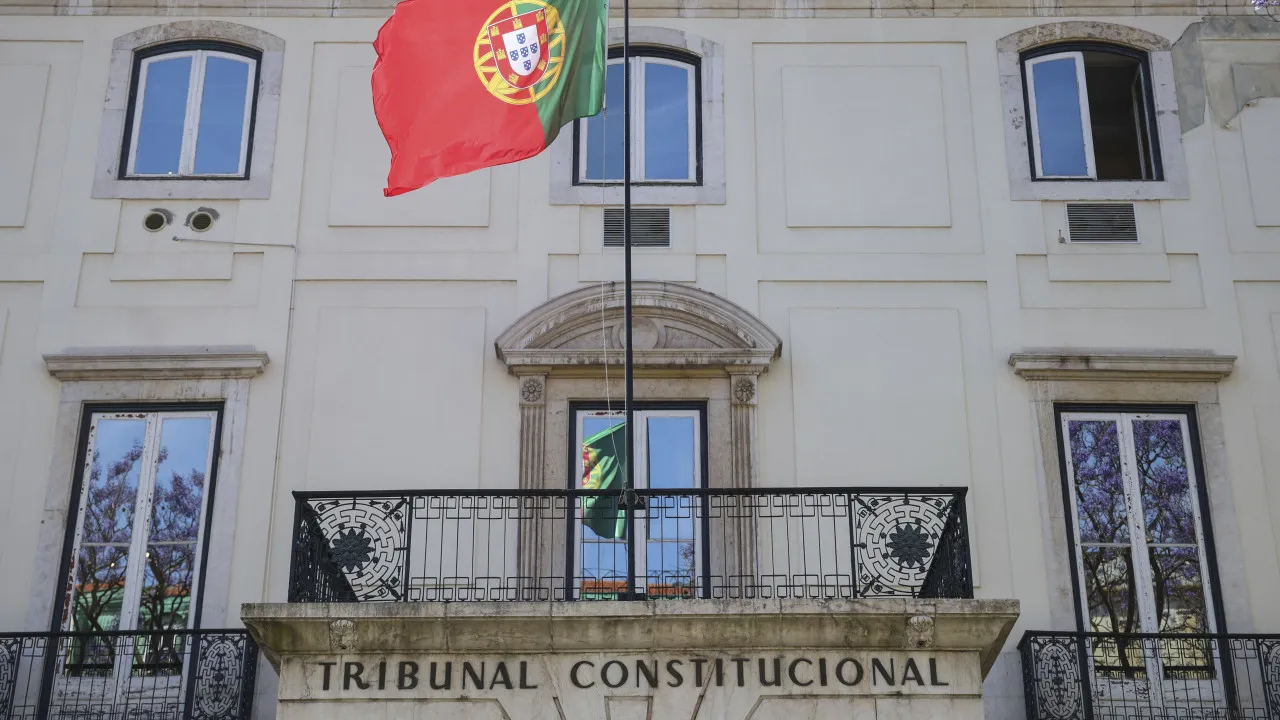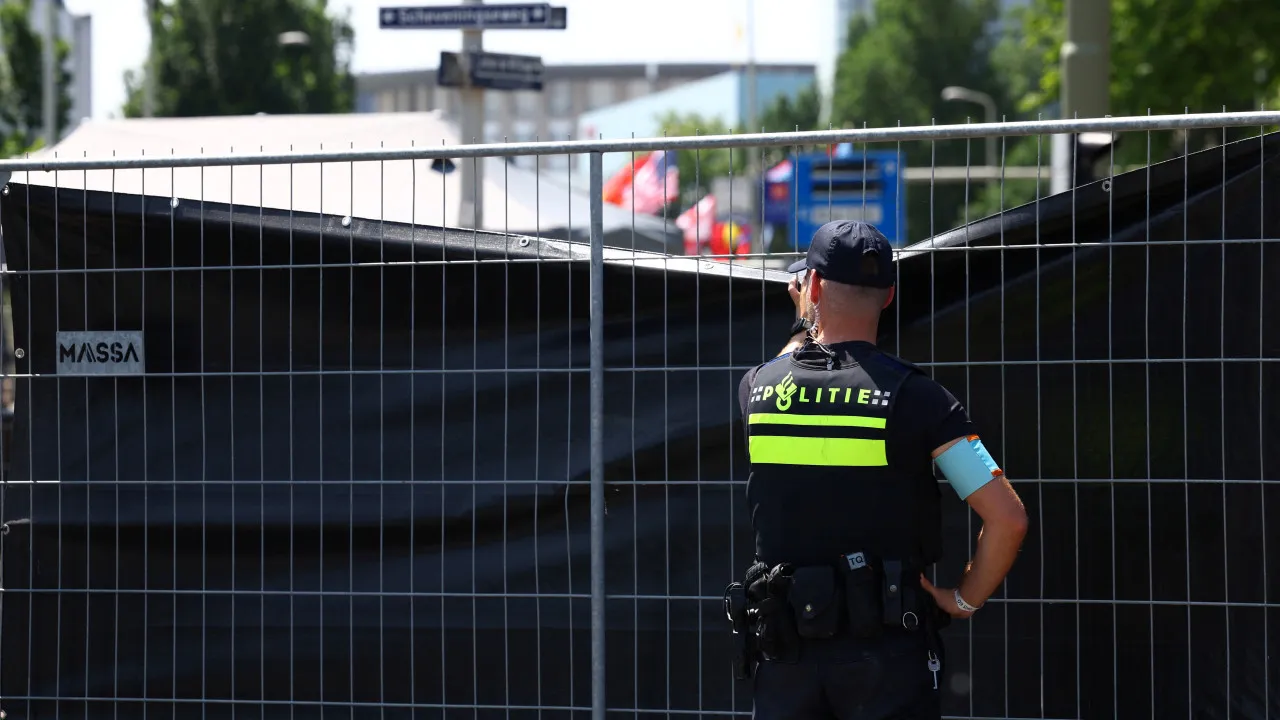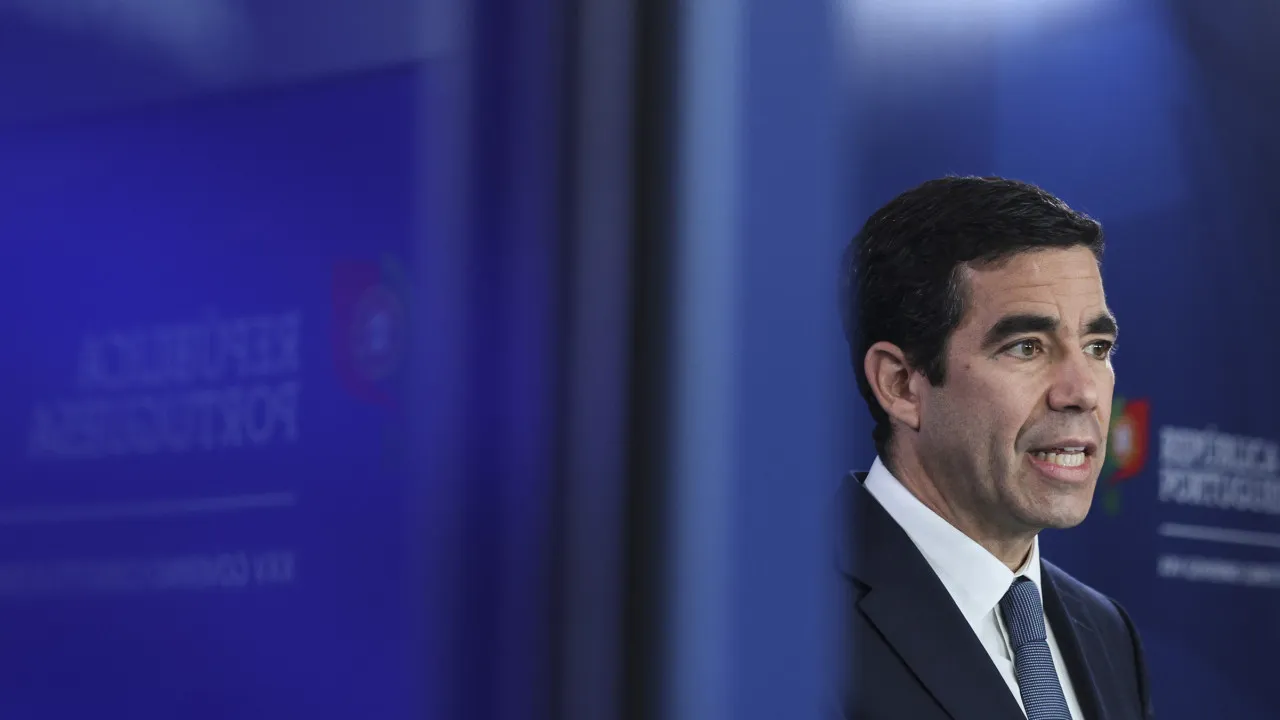
In response to Lusa, an official from the Competition Authority (AdC) stated that the entity “filed an objection to the individual decision of the Constitutional Court not to hear the appeals filed by it and the Public Ministry, for the conference of the Constitutional Court.”
According to the same source, the regulator submitted this objection “with the aim of invoking the last available procedural mechanism to ensure the constitutional conformity of the decision by the Lisbon Court of Appeal (TRL), thereby ensuring the effective application of justice and the safeguarding of public interest in repressing anti-competitive practices.”
The Competition Authority also emphasized that “no court has declared the non-existence of the infringement attributed to the banks by the AdC (and confirmed by the TCRS and the CJEU), so no acquittal of the anti-competitive practice is in question.”
“With the latest decision, the Lisbon Court of Appeal did not dismiss the practice of infringement by the banks, it merely understood that the administrative offense liability was extinguished due to the statute of limitations,” it concluded.
The Constitutional Court (TC) rejected the appeals presented by the Competition Authority and the Public Ministry to try to halt the statutes of limitations in the banking cartel case, which involved fines of 225 million euros for 11 banks.
The AdC and the Public Ministry sought the TC’s opinion on whether it was unconstitutional for the Lisbon Court of Appeal to include the two-year period during which the case awaited a decision from the Court of Justice of the European Union in the statute of limitations calculation, as well as the interpretation of which law was applicable to the process.
However, the Constitutional Court judge-rapporteur “criticized the questions raised, stating that it is only their responsibility to scrutinize the constitutionality of legal norms and not to ‘assess the merit or soundness of the decisions being appealed.'”
Additionally, the judge remarked that the Public Ministry lacks legitimacy for raising constitutional issues that had not been previously addressed and for questioning aspects that, even if deemed unconstitutional, would not alter the appeal decision of the Court of Appeal.
The Competition Authority and the Public Ministry aimed to convict 11 national banks to a total fine of 225 million euros for competition law violations related to the exchange of sensitive credit information between 2002 and 2013: CGD (82 million euros), BCP (60 million), Santander (35.65 million), BPI (30 million), Banco Montepio (13 million euros), BBVA (2.5 million), BES (700,000), BIC (500,000), Crédito Agrícola (350,000), UCI (150,000), with Barclays also convicted but exempted from paying a fine for acting as the whistleblower.
Banif did not appeal the original decision, as it was only fined 1,000 euros.




